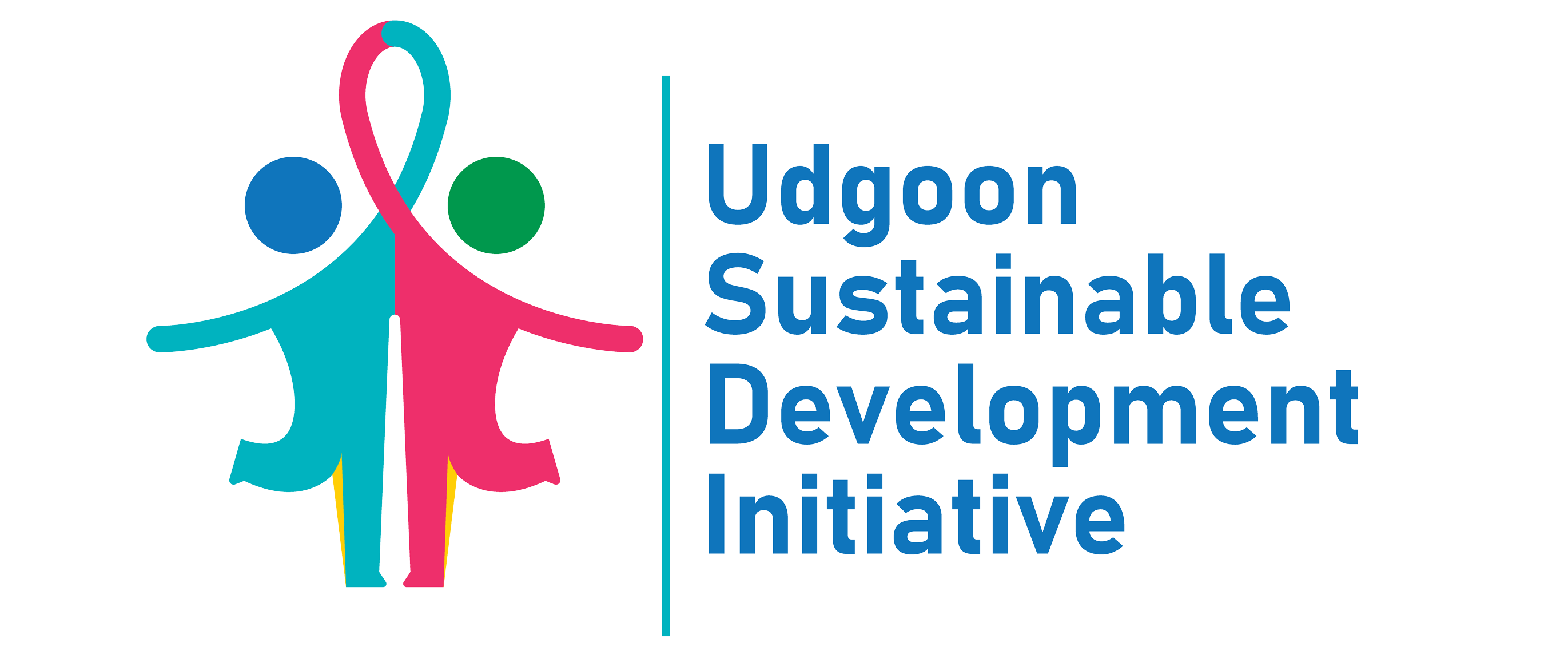SIGNING OF PEACE ACCORDS: COMMITMENT TO GESI REFORMS
A major milestone in the implementation of the Deris Wanaag Project was the successful negotiation and signing of two peace accords between Amuma and Waraq, and between Dhobley and Liboi. These peace agreements were not only instrumental in reducing inter-clan conflicts but also acted as a formal commitment to Gender Equality and Social Inclusion (GESI) reforms in local peace structures.
For years, peace negotiations in these areas had been dominated by male elders from majority clans, often excluding women, youth, and members of minority clans from the decision-making process. This approach limited the effectiveness of peace agreements because the perspectives of all affected groups were not adequately represented. USDI recognized this gap and facilitated an inclusive peace process that ensured diverse voices were heard.
The Peace Accords and Their Significance
- Amuma-Waraq Peace Accord: Recognizing Women and Minority Clans in Conflict Resolution
The Amuma-Waraq Accord was signed to address persistent conflicts over grazing land, water resources, and territorial boundaries between pastoralist communities in the area. Historically, these disputes had been resolved through informal agreements between elders from dominant clans, leaving out the concerns of women, youth, and minority clan members such as the Shidle and Garre.
Through the Deris Wanaag Project, USDI engaged local elders, women’s groups, youth representatives, and local government officials to ensure a more inclusive peace process. For the first time, women and youth were invited to participate in high-level peace negotiations, and their contributions were formally recognized in the final agreement.
Key Provisions of the Amuma-Waraq Accord:
✅ Land and Resource Rights: Minority clans, who had long been denied access to certain grazing lands and water points, were guaranteed fair resource-sharing agreements.
✅ Women’s Inclusion: Women were given official roles in monitoring and reporting early warning signs of conflict, ensuring their voices were not ignored in future peace discussions.
✅ Local Authority Accountability: The agreement required chiefs and local administrators to consult women and youth representatives before making security-related decisions.
By embedding GESI principles into the peace accord, the Amuma-Waraq agreement set a precedent for more inclusive governance in local peace structures.
- Dhobley-Liboi Peace Accord: Institutionalizing Inclusive Peace Committees
The Dhobley-Liboi Accord was another landmark achievement facilitated by USDI under the Deris Wanaag Project. This agreement focused on resolving inter-clan tensions that had led to frequent disruptions of trade, cross-border movement, and social relations between communities in Dhobley (Somalia) and Liboi (Kenya).
Previously, disputes were resolved solely by male elders from dominant clans such as the Ogaden, Aulihan, and Marehan, while minority clan members (such as the Makabul and Awrmale) and women were left out. This exclusion often led to unfair resolutions and prolonged grievances, increasing the likelihood of renewed conflicts.
With USDI’s intervention, the peace process was restructured to be more inclusive. Women, youth, and representatives from marginalized clans were actively involved in the dialogue sessions, and their inputs were reflected in the final peace agreement.
Key Provisions of the Dhobley-Liboi Accord:
✅ Commitment to Restructuring Peace Committees: The accord formally recognized the need to restructure Peace Committees to include women, youth, and minority clan representatives.
✅ Trade and Economic Cooperation: Women traders who previously faced harassment at border points were assured of fair treatment, allowing them to engage in cross-border trade without fear of discrimination.
✅ Youth-Led Peacebuilding Initiatives: The agreement included a provision for youth-led peace dialogues and cultural exchange programs to foster intergenerational understanding and prevent conflict escalation.
Broader Impact of the Peace Accords
The signing of these peace accords marked a significant shift in the way peace and security are approached in the cross-border communities of Garissa County and Somalia. Beyond reducing immediate tensions, these agreements have:
🔹 Strengthened the legitimacy of Peace Committees by ensuring they represent the full diversity of the community.
🔹 Set a new standard for gender-inclusive peacebuilding, proving that women and marginalized groups play a crucial role in maintaining long-term stability.
🔹 Fostered trust between communities and local authorities, leading to better cooperation in conflict resolution and governance.
Sustaining GESI Gains in Peacebuilding
With these peace accords now in place, USDI remains committed to ensuring their full implementation by:
🔸 Providing continuous training for Peace Committees on gender-sensitive conflict resolution.
🔸 Supporting women and youth-led peace initiatives to enhance grassroots participation.
🔸 Engaging government agencies and regional authorities to institutionalize GESI-inclusive peace processes.
The Amuma-Waraq and Dhobley-Liboi Peace Accords are living documents that go beyond just resolving past conflicts—they lay the foundation for a more inclusive, just, and peaceful future for communities along the Kenya-Somalia border. By integrating GESI principles into peace processes, USDI has ensured that no group is left behind in building sustainable peace.
